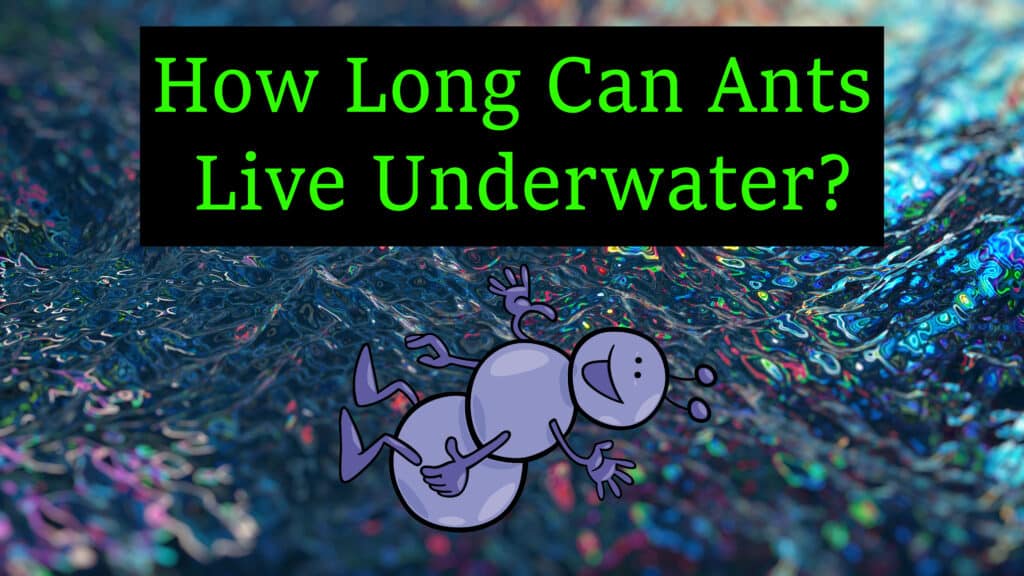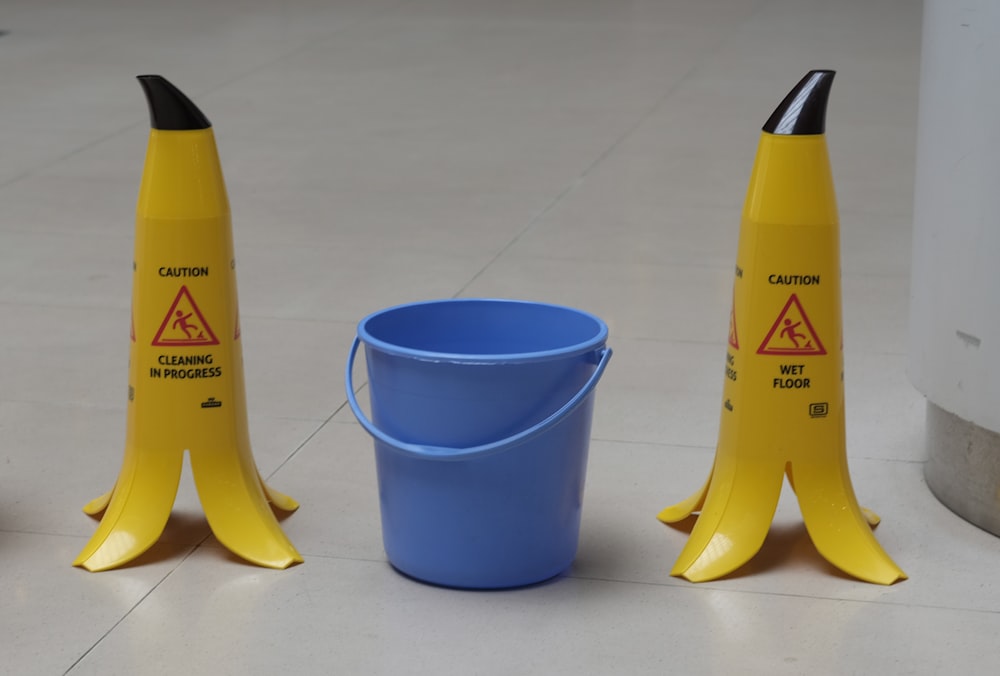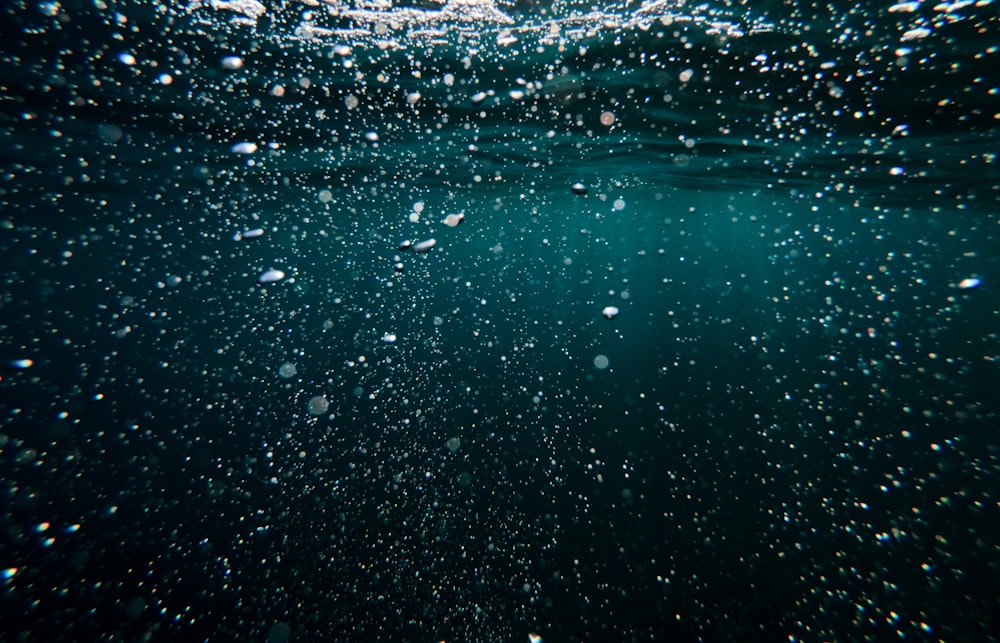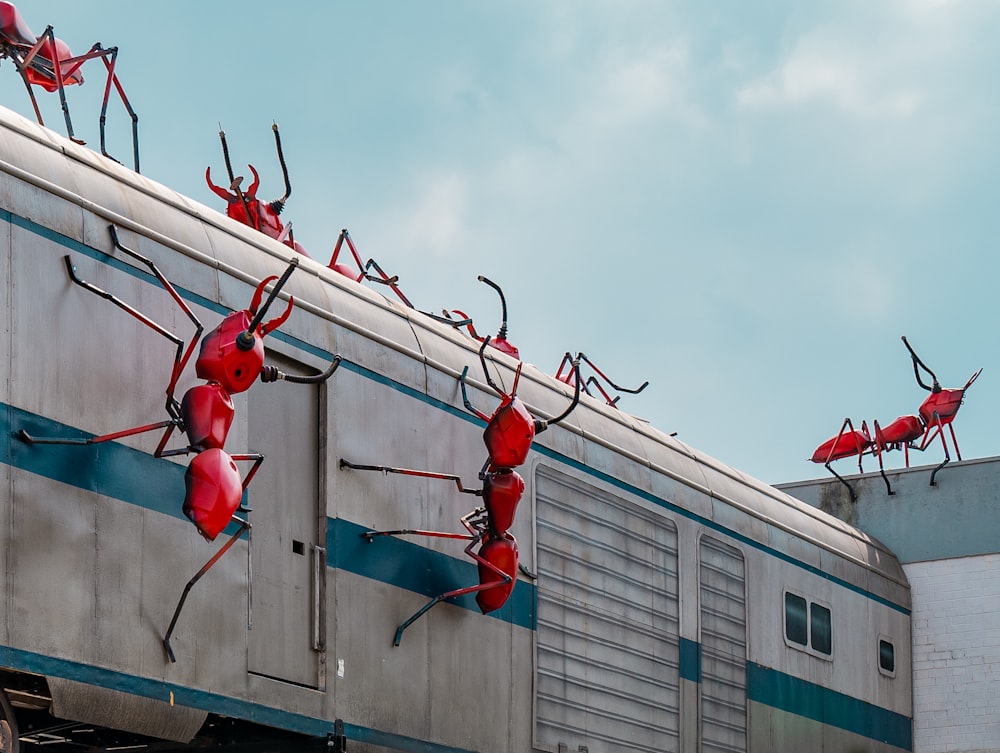Have you ever drowned a pesky ant and thought that was the end of it? Well… think again. Ants can survive underwater! By reading till the end, you’ll know how long ants can survive underwater and how to counteract their (insane) aquatic skills.
Ants can live underwater for approximately 24 hours. An Ant breathes through its body and can close these openings in water, lowering its bodily functions to use less oxygen. Since they will eventually need to breathe, they will ultimately drown.
Can Ants Swim In Soapy Water?
Ants can not swim in soapy water as the soap penetrates and disrupts the ant’s membrane, eventually killing them. Soap dissolves the protective coating of ants, causing them to lose water slowly and die of dehydration. The soap also forms oil on the water surface, making it slippery.
Once this soap forms this oil layer on the water’s surface, the ants can no longer escape.
Why is this important?
You should use soap water instead of plain water when we aim to eliminate ants.
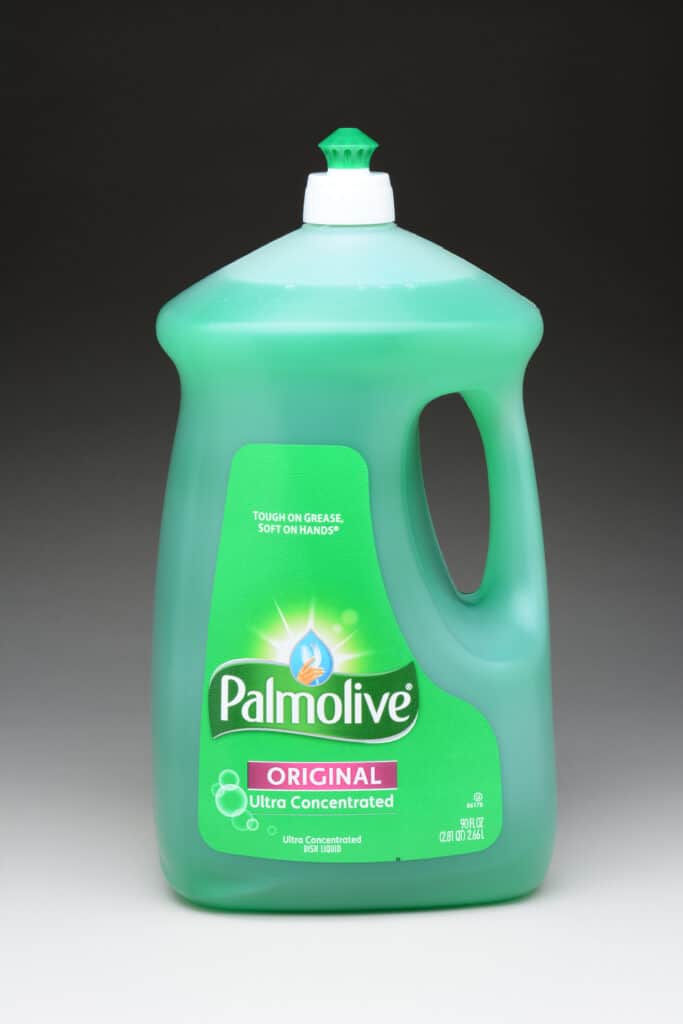
Most people spray plain water and often feel guilty watching their bodies helplessly float around as they appear dead.
But have you ever considered whether they are even dead?
Are these ants just basically floating away, alive?
Are ants playing dead and fooling us into thinking that we killed them?
Flooding ants with room temperature water is probably the least likely to kill worker ants.
They are playing dead.
Water mixed with soap will take care of your problems.. and clean your floor.
Soapy sprays only control ants that have left the nest.
To eliminate the ants, you must kill the ants’ habitat.
A soapy water drench can destroy the nest of fire ants and other common ants. It may take three or four drenches to wipe out an ant’s habitat completely.
The only thing required is adding soap to a bucket full of water.
Ants have nests in nearly every continent on earth.
They are incredibly resilient.
While these soaps are one of the best additions to your water, realize that there are better alternatives.
How Long Can Ant Species Survive Underwater?
Ants species live in areas where their nests flood frequently. Some ants, like fire ants, are pretty resilient to flooding. Ants can live in water for approximately 24 hours. The most important determining factor for an ant’s survival underwater is its species and the kind of water.
Hence, it is safe to say that water does not kill ants immediately.
Ants do not exchange gases through the lungs; instead, they exchange gases through their skin with the help of specialized openings.
An ant can close these specialized openings in water and lower necessary bodily functions that allow it to use less oxygen.
Lower water temperatures allow for lower metabolism and longer survival times below water.
When underwater, some ant species form an air bubble around their bodies, enabling them to obtain oxygen and survive below water for some time.
Most ants will drown after 24 hours if they remain submerged in water.
If the water subsides before that time, the ants can breathe again.
It can survive; otherwise, if it still does not find a dry surface, it will drown.
Meanwhile, diving ants, carpenter ants, and fire ants have adapted themselves against flooding.
Wherein fire ants are known to form a living raft by linking their arms to survive a flood.
One species of the Australian ant, the Polyrhachis ant, forms its nests in mangrove mud that floods frequently.
Polyrhachis build air pockets in the mangrove mud when it floods to remain inside its nest and obtain oxygen.
Can Ants Drown In Honey?
Ants can quickly get stuck and drown in honey; however, it may not kill them as it is something they eat and survive on. Honey is often used as ant bait, not because it drowns them but because it attracts them and disguises other toxic ant bait.
Here’s the kicker:
Ants fall for these honey-based traps all the time and get killed.
Remember, ant baits kill the queen ant and the colony at the source, releasing a strong smell of oleic acid.
Can Ants Survive In Hot Water?
Like other insects, drowning an ant in very hot water will result in instant death, and the water temperature significantly affects how long an ant will survive before it drowns. Pouring boiling water is an easy method commonly used in yards to get rid of ants.
Hot water immediately kills surface ants, but it is not an efficient method in eliminating an ant colony as it does not reach the surface of the nest, and the queen can relocate to a new nest and create a new colony there.
The lower the temperature of the water, the worst it is.
Lower water temperatures allow an ant to use less bodily functions, lowering its metabolism and creating longer survival times.
Why is Cold Water Bad for Killing ants?
Ants are cold-blooded; if you use cold water, you’ll send the ants into a hibernation-like mode. This mode will allow the ants to live for very long due to low bodily functions. During this time, they will not need food or water.
Can Fire Ants Survive in Water?
Fire ants have been known to form living rafts using their bodies to withstand a flood and get to a dry surface on earth in time to survive. Ants have a nest in nearly every continent on earth and frequently deal with natural disasters like floods.
Like many insects, An ant is an adaptive creature.
The worker ant carries the queen and her larvae to a drier surface outside of the nest as the nest absorbs the water and floods.
Rather than drown, when these ants are together, although they cannot break the water’s strong surface tension, they create a massive air bubble.
They are then cushioned and protected by this air bubble.
It gets even more fascinating:
Fire ants are perfectly adapted to being submerged underwater.
As the situation settles down with no more flooding, the ants use the new freshwater supply and moist ground to create new tunnels for the nest.
This is also some of the best times for fire ants to forage, as many insects are hurt during flooding.
Can A Carpenter Ant Survive In Water?
One species of the Australian ant, the polyrhachis, is a species of carpenter ant. These ants make their nests in mangrove mud, and these nests flood frequently. The polyrhachis build air pockets in the mud and burrow deep inside it to survive the floods.
Another carpenter ant species is the diving ant, the only exception to the “ants can not swim” phenomenon.
These ants are known to swim in the fluids of their hostplant to catch prey.
Can you Get Rid of Ant Colonies By Flooding Them?
You can only get rid of ant colonies by flooding them if the water is boiling, and flooding nests can get rid of many ants if the water temperature is right. The most important determining factor in getting rid of ants using this method is the water temperature.
But what if the water is cold?
The worker ants may be able to evacuate and form a new colony if the queen is still alive.
Ants can survive in cold water for 24 hours, as they can breathe through the small holes found in their body.
Some ants create water bubbles that allow them to breathe and retain oxygen for a short period.
To prevent water from drowning them immediately, they need to close the small openings through which they breathe.
If the water subsides in time and enough oxygen flows through their holes, ants can come back to life.
This will work even if they have been dead for a short period.
What’s the bottom line?
Ants are tiny insects that hold many secrets, which would shock the ordinary man if only one thinks about them.
The fact that they can breathe below water for so long is astounding to us because they do not breathe like mammals.
The common myth about insects is that drowning them with water is a quick and safe way to get rid of them.
Sorry to have burst your bubble.
Hopefully, this will allow you to understand your ant problem in the future better. Add some soap to your water, or quickly get it on the stove to boil.
Ants can sometimes be a problem!
